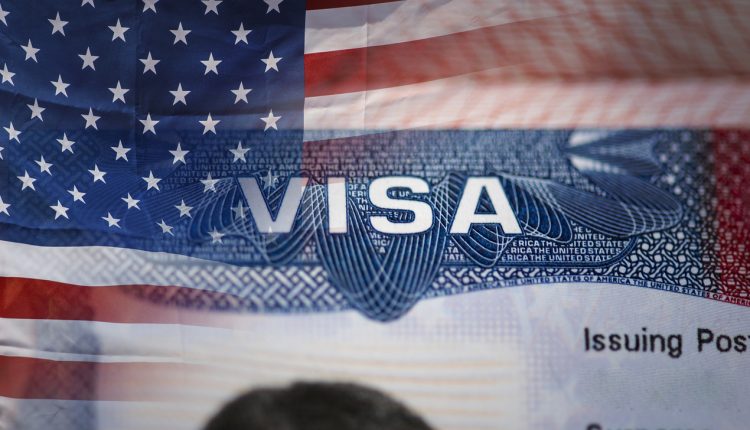Hiring Workers Outside the US? Here Are Things You Should Consider
Rami Fakhoury gives a brief outline into what businesses in the US should consider when hiring professionals and skilled workers from around the globe. What are the types of visas and when is your company ready to commit to the long process? Rami explains all.
When would you advise businesses to begin looking for talent outside of the US? What should be their first consideration when deciding to make that jump?
Businesses should work closely with their Human Resource (HR) departments to identify and to forecast their current and future talent needs. Once they have identified their talent gaps, they have to consider whether the current US labor market can fulfill them. Many American companies cannot find domestic talent with specific skill sets and consequently suffer from diminished productivity. If a business with specific talent objectives cannot meet them from the US labor pool, then they should begin searching for skilled talent from the outside.
When a business does decide to “make that jump”, they need to ask themselves if they are prepared for both the time and financial commitment necessary to bring in talent from outside the US. The immigration petitioning process can be slow and cumbersome, as well as costly should the US Citizenship and Immigration Services (USCIS) choose not to approve a petition on its initial submission. Businesses that have incorporated immigration into their budgets, and are aware of the potential wait times for approval, will find the process more manageable than those who jump in heedlessly.
How can businesses ensure they are well equipped to hire from outside of the US? What are the regulatory requirements that they must meet, in order to hire from outside?
Businesses should make sure that their HR departments are fully up to date with the current regulatory requirements. The USCIS have different requirements depending on the specific visa category. For H-1B specialty occupation visas, the prospective employee has to have at least the equivalent of a bachelor’s degree and the employer has to show that a degree is normally required for the position. For the L-1B, which is one kind of intracompany transfer visa, the business has to demonstrate that the worker has specialized knowledge that is not common in their industry. Businesses have to keep on file different kinds of documentation for employees holding different types of visas, and it is essential that their HR departments keep abreast of those requirements and work with immigration lawyers to ensure that they remain fully compliant.
If a business wishes to hire or transfer a foreign worker on a permanent basis, there are also immigrant visa options.
Can you share the differences between the various visas which employers are welcome to offer to skilled immigrants?
Businesses have several nonimmigrant visa options depending on the kind of worker they wish to bring in. The most well-known is the H-1B which I just mentioned. It permits a business to bring in a skilled employee for a specialty occupation – one that requires a bachelor’s-equivalent degree – for an initial stay of up to three years.
L-1 intracompany transfer visas allow businesses to bring employees from a foreign branch or subsidiary if they are coming as either managers (L-1As) or as specialty knowledge employees (L-1Bs), also for an initial stay of three years.
If a business wishes to hire or transfer a foreign worker on a permanent basis, there are also immigrant visa options. There are, for example, EB-1 visas for aliens of extraordinary ability, outstanding professors or researchers, and multinational managers and executives. The criteria for these visas are different than for nonimmigrant visas, but obtaining one provides a path to the green card. A skilled immigration lawyer can help a business to determine the best visa option for their prospective foreign-based employee.
Most companies need to understand the legal responsibility and liability that comes with sponsoring a foreign national.
What are common difficulties businesses are often presented with when first hiring skilled immigrants?
Most companies need to understand the legal responsibility and liability that comes with sponsoring a foreign national. Furthermore, the petitioning employer should make sure that the foreign national is well aware of their role and duties and how this will impact their interaction with US workers. US employers should also invest in training and career advancement skills before seeking foreign skilled labor.
Rami Fakhoury
Founder
www.employmentimmigration.com
Rami D. Fakhoury is the founder and Managing Director of Fakhoury Law Group (FLG, now known as FGI), the largest independently-owned business-based immigration law firm in Michigan.




